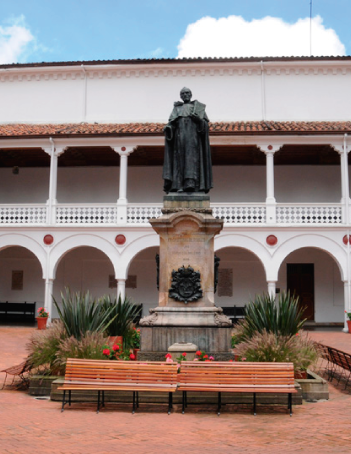An Evolutionary theory of Urban Systems -- Urban Systems Between National and Global: Recent Reconfiguration Through Transnational Networks -- Preliminary Typology of Cities and Systems of Cities -- The United States Urban System: From Colonial Settlements to Global Urban Centers, an Original Trajectory -- The Canadian Urban System: Urban Canada Goes Global -- Metropolization and polycentrism in the European Urban system -- Changes in the Japanese Urban System Since the 1950s: Urbanization, Demography, and the Management Function -- The South American Urban System: Primacy, Urban Concentration and Emerging Morphologies -- The Brazilian Urban System: Specialization and Regional Development -- The Chinese Urban System: Between Multi-level Political Evolution and Economic Transition -- Diffuse Urbanization and Mega Urban Regions in India: Between Reluctant and Restrictive Urbanism? -- The Russian Urban System: Evolution Engaged with Transition -- The South African Urban System: Coming to Terms with the Legacy of Social Control and Exclusion? -- Urbanization in Africa: Trends, Regional Specificities and Challenges -- The Sustainability of Urbanization in Africa’s Great Lakes Region: Trends and Policies Options -- Extended Metropolitan Development in Southeast Asia: From Primate Cities to Rerritorial Urban Diffusion.
This book reviews the recent evolutions of cities in the world according to entirely revised theoretical fundamentals of urban systems. It relies on a vision of cities sharing common dynamic features as co-evolving entities in complex systems. Systems of cities that are interdependent in their evolutions are characterized in the context of that dynamics. They are identified on various geographical scales—worldwide, regional, or national. Each system exhibits peculiarities that are related to its demographic, economic, and geopolitical history, and that are underlined by the systematic comparison of continental and regional urban systems, following a common template throughout the book. Multi-scale urban processes, whether local (one city), or within national systems (systems of cities), or linked to the expansion of transnational networks (towards global urban systems) throughout the world over the period 1950–2010 are deeply analyzed in 16 chapters. This global overview challenges urban governance for designing policies facing globalization and the subsequent ecological transition. The answers, which emerge from the diversity of situations in the world, add some reflections on and recommendations to the “urban system framework” proposed in the Habitat III agenda.
Texto en inglés

Escuela de administración
Facultad de Jurisprudencia
Facultad de Ciencias
Escuela de Ciencias
Escuela de Medicina
Facultad de Economía
Facultad de Estudios
Facultad de Creación
Escuela de Ingeniería,
Otras Ofertas
 Historia y símbolos
Historia y símbolos
 Enfoque estratégico
Enfoque estratégico
 Gobierno universitario
Gobierno universitario
 Playbok - Nuestros pilares de transformación
Playbok - Nuestros pilares de transformación
 Protocolo de seguridad
Protocolo de seguridad
 Archivo histórico
Archivo histórico
 Portafolio de becas, descuentos y apoyo financiero
Portafolio de becas, descuentos y apoyo financiero
 Casa UR
Casa UR






 Proyección social
Proyección social Filantropía
Filantropía Hagámoslo posible
Hagámoslo posible

 Libro
Libro







